Intro
Lipitor reduces cholesterol levels, lowering risk of heart disease with statin medication, managing high LDL and triglycerides for a healthier cardiovascular system.
The management of cholesterol levels is a critical aspect of maintaining cardiovascular health. High cholesterol, particularly high levels of low-density lipoprotein (LDL) cholesterol, is a major risk factor for the development of heart disease and stroke. One of the most commonly prescribed medications for reducing cholesterol levels is Lipitor, also known as atorvastatin. In this article, we will delve into the details of Lipitor, its mechanism of action, benefits, and potential side effects, as well as discuss its role in cholesterol reduction and overall cardiovascular health.
Cholesterol is a fatty substance that is essential for various bodily functions, including the production of hormones and the maintenance of cell membranes. However, when cholesterol levels become too high, it can lead to the buildup of plaque in the arteries, increasing the risk of heart disease and stroke. There are two main types of cholesterol: LDL (bad) cholesterol and high-density lipoprotein (HDL) (good) cholesterol. LDL cholesterol is the primary cause of plaque buildup, while HDL cholesterol helps to remove excess cholesterol from the bloodstream.
The importance of managing cholesterol levels cannot be overstated. According to the Centers for Disease Control and Prevention (CDC), high cholesterol affects over 93 million American adults, and it is a major contributor to the development of heart disease and stroke. The good news is that high cholesterol can be managed through a combination of lifestyle changes, including a healthy diet, regular exercise, and medication. Lipitor is one of the most commonly prescribed medications for cholesterol reduction, and it has been shown to be highly effective in lowering LDL cholesterol levels and reducing the risk of heart disease.
Lipitor Mechanism of Action
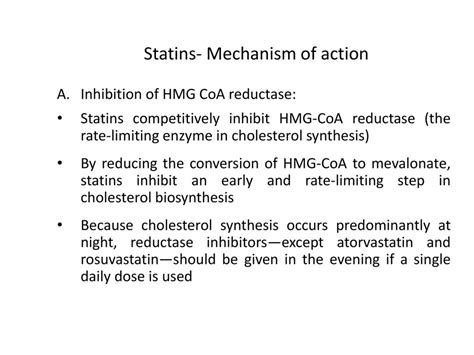
Benefits of Lipitor
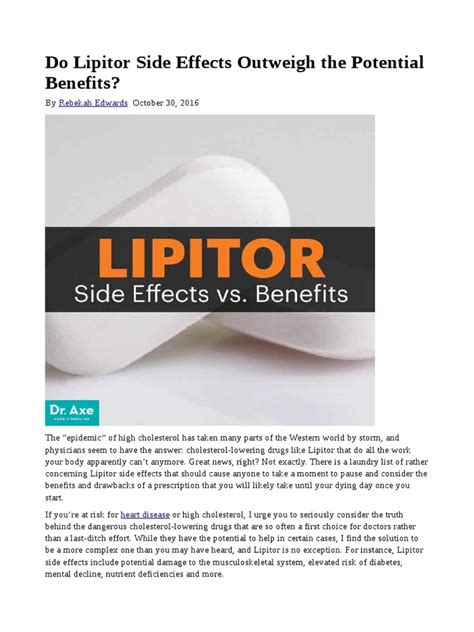
Key Benefits of Lipitor
Some of the key benefits of Lipitor include: * Lowering LDL cholesterol levels * Increasing HDL cholesterol levels * Reducing the risk of heart disease and stroke * Slowing the progression of atherosclerosis * Reducing the risk of cardiovascular eventsPotential Side Effects of Lipitor

It is essential to note that not everyone who takes Lipitor will experience side effects, and the risk of side effects can be minimized by taking the medication as directed and monitoring liver function and cholesterol levels regularly.
Lipitor Dosage and Administration
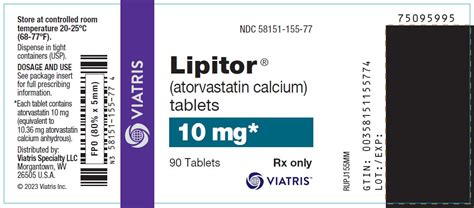
Important Administration Instructions
Some important administration instructions for Lipitor include: * Take Lipitor once a day, with or without food * Swallow the tablet whole, do not crush or chew * Do not take more than the recommended dose * Monitor liver function and cholesterol levels regularlyLipitor Interactions and Contraindications
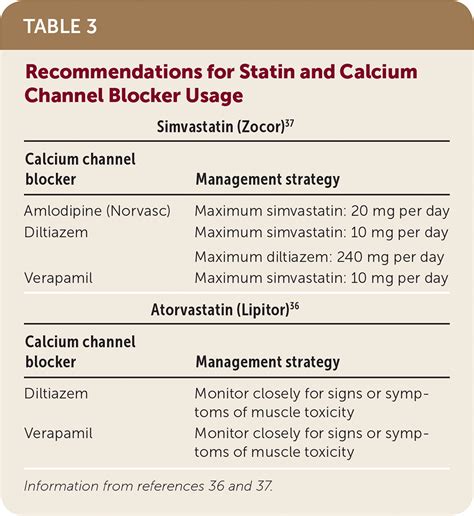
It is essential to inform your doctor of all medications you are taking before starting Lipitor. Additionally, Lipitor is contraindicated in people with:
- Active liver disease
- Hypersensitivity to atorvastatin or any component of the formulation
- Pregnancy and breastfeeding
Lipitor and Cholesterol Reduction
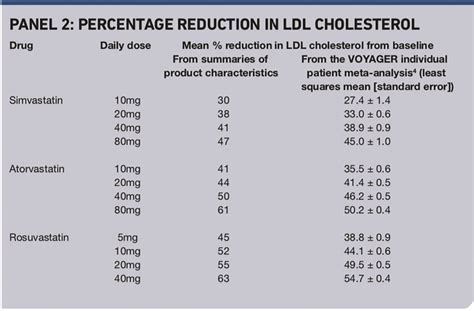
Cholesterol Reduction Strategies
Some cholesterol reduction strategies that can be used in conjunction with Lipitor include: * Dietary changes, such as reducing saturated and trans fat intake * Regular exercise, such as walking or jogging * Weight loss, if necessary * Quitting smokingConclusion and Final Thoughts

We invite you to share your thoughts and experiences with Lipitor in the comments section below. If you have any questions or concerns about Lipitor or cholesterol reduction, please do not hesitate to ask. Additionally, if you found this article informative and helpful, please share it with your friends and family who may benefit from this information.
What is Lipitor used for?
+Lipitor is used to lower cholesterol levels and reduce the risk of heart disease and stroke.
How does Lipitor work?
+Lipitor works by inhibiting the production of cholesterol in the liver, which helps to lower LDL cholesterol levels and increase HDL cholesterol levels.
What are the potential side effects of Lipitor?
+The potential side effects of Lipitor include muscle pain and weakness, liver damage, increased risk of diabetes, cognitive impairment, and rash and itching.
How can I reduce my cholesterol levels naturally?
+You can reduce your cholesterol levels naturally by making dietary changes, such as reducing saturated and trans fat intake, exercising regularly, losing weight if necessary, and quitting smoking.
Can I take Lipitor with other medications?
+Lipitor can interact with other medications, so it is essential to inform your doctor of all medications you are taking before starting Lipitor.
